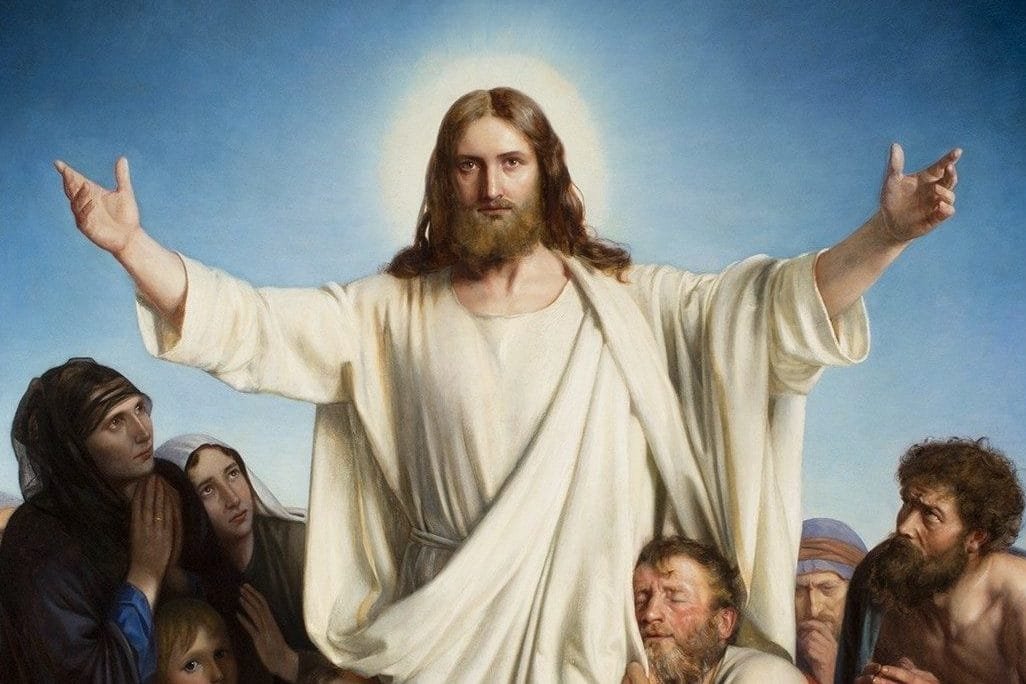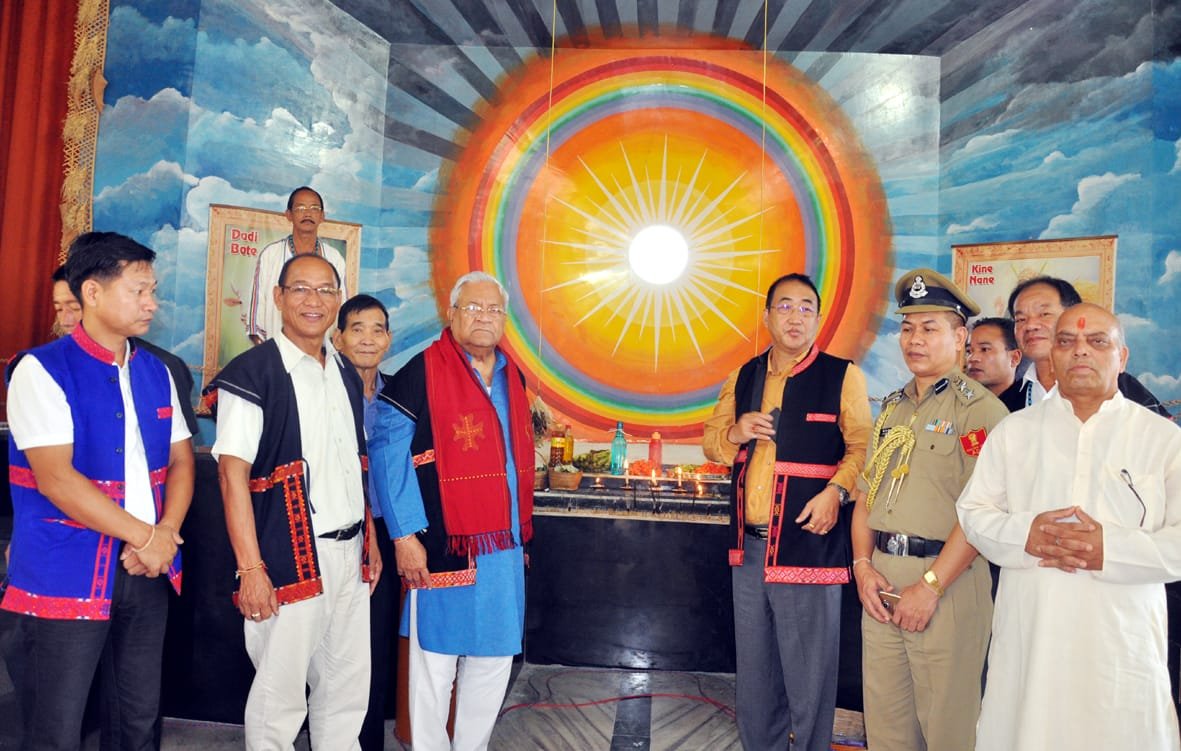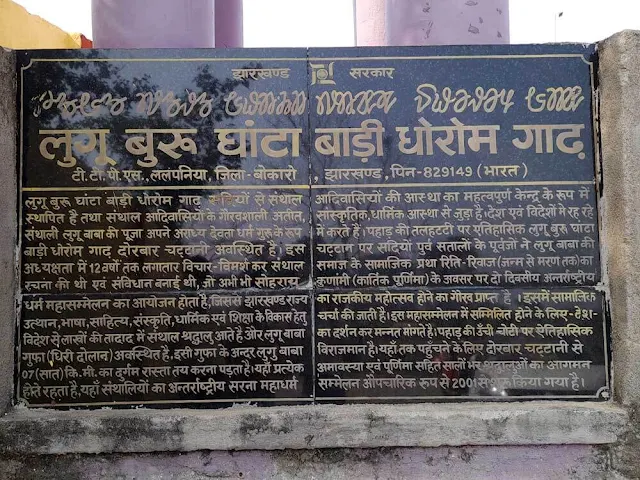Shab-e-Barat, observed on the 15th night of Sha’ban, is a significant occasion in the Islamic calendar. It is believed to be a night of divine mercy, forgiveness, and the decree of fate, where Allah determines the destinies of individuals for the coming year. The night holds deep spiritual importance for many Muslims, who spend it in prayer, seeking repentance, and remembering their deceased loved ones.
The Meaning and Significance of Shab-e-Barat
The term “Shab-e-Barat” is of Persian origin, where Shab means “night” and Barat means “freedom” or “deliverance.” This signifies that the night is an opportunity for believers to seek freedom from sins through sincere repentance.
According to various Islamic traditions, it is believed that:
- The Book of Deeds is Updated – Muslims believe that on this night, Allah writes the destinies of individuals, including their sustenance, life, and death, for the coming year.
- A Night of Forgiveness – It is said that Allah forgives those who sincerely repent for their past mistakes and seek His mercy.
- Prayers for the Deceased – Many Muslims dedicate this night to praying for their departed loved ones, asking Allah to grant them peace and mercy.
- A Time for Self-Reflection – It serves as a spiritual preparation before Ramadan, encouraging believers to strengthen their faith and devotion.
Religious Practices and Observances
Muslims around the world observe Shab-e-Barat in different ways. Some of the common practices include:
1. Night Prayers (Nafl Salah)
Devout Muslims offer extra prayers throughout the night, seeking Allah’s blessings and forgiveness. Some also perform Tahajjud (late-night prayer), which is highly recommended in Islamic teachings.
2. Reciting the Quran
Many spend the night reading the Quran, reflecting on its verses, and seeking guidance from Allah.
3. Seeking Forgiveness (Istighfar)
Muslims sincerely repent for their sins, asking for Allah’s mercy. It is a night for introspection and making a commitment to lead a righteous life.
4. Visiting Cemeteries
It is a common practice in some cultures to visit the graves of relatives, offering dua (supplications) for their souls.
5. Fasting on the 15th of Sha’ban
While not obligatory, some Muslims observe a fast on this day as a way of earning spiritual rewards. The Prophet Muhammad (PBUH) is reported to have fasted frequently in the month of Sha’ban.
Debates and Differences in Interpretation
While Shab-e-Barat is widely observed in many Muslim communities, there are differing views regarding its religious significance. Some Islamic scholars emphasize the importance of the night based on various Hadiths (sayings of the Prophet), while others argue that its observance is not explicitly mandated in the Quran or authentic Hadith collections.
Conclusion
Shab-e-Barat remains a night of deep spiritual reflection and devotion for many Muslims. Whether through prayers, fasting, or seeking forgiveness, the night serves as an opportunity to reconnect with one’s faith. While interpretations may vary, the core message of seeking Allah’s mercy and striving for self-improvement remains central to its observance.












